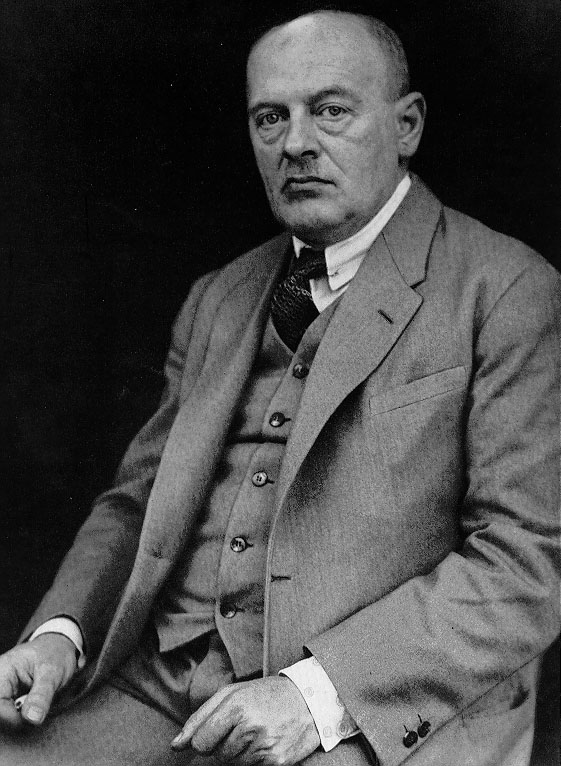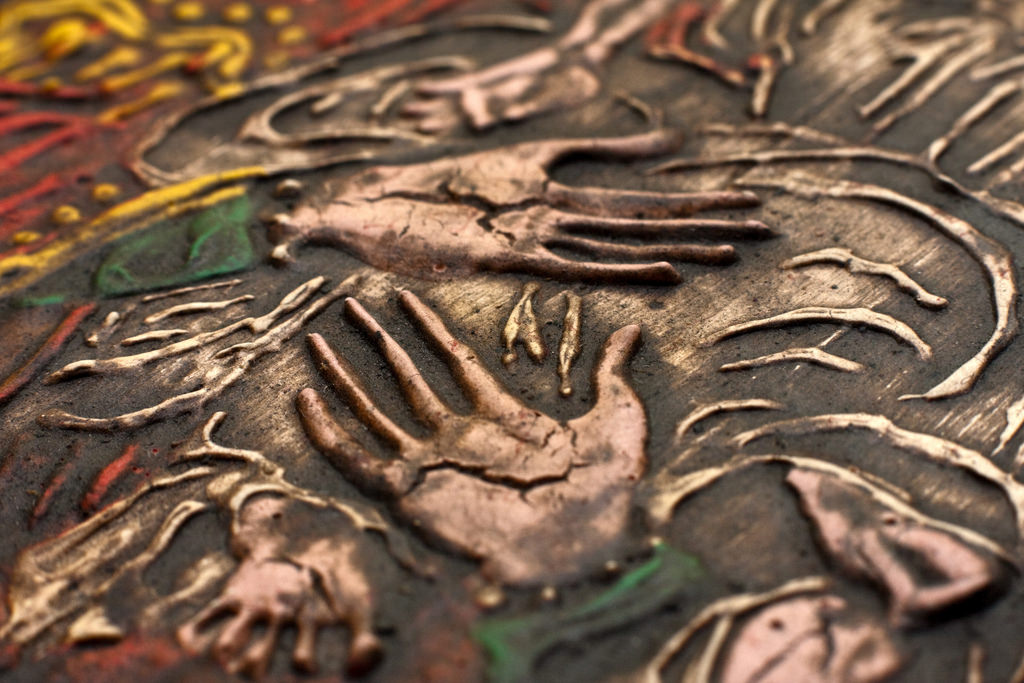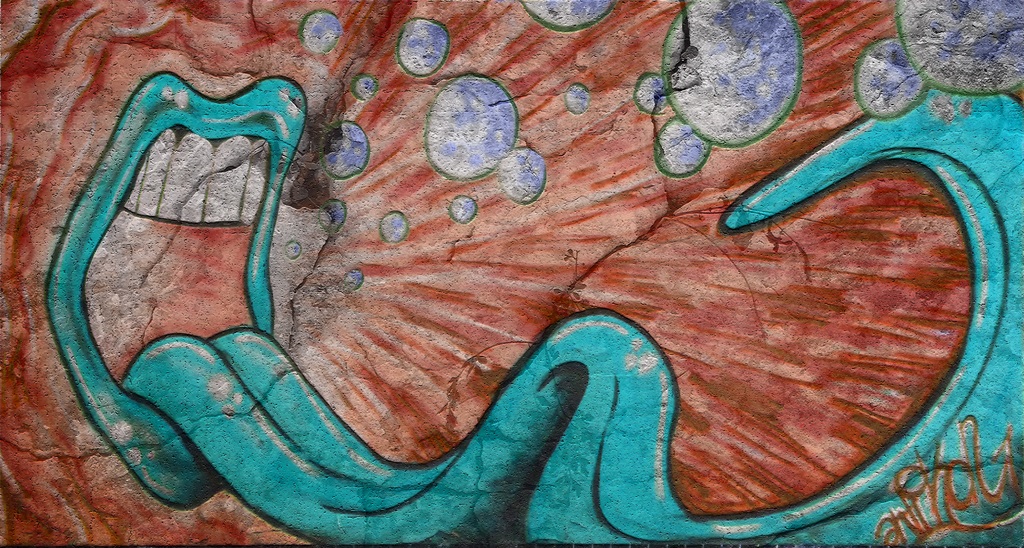The following is the second installment of a two-part series. The first can be found here. Geist und Drang Before talking about Scheler’s conception of the person. I should briefly discuss why it is that we are talking about Scheler’s view of the person in philosophical anthropology if we are interested in Scheler’s panenetheistic conception […]
Phenomenology
The Curious Whiteheadian Proclivity In Scheler’s Account Of God And Persons, Part 1 (J. Edward Hackett)
The following is published in two parts. Phenomenological Intuition and the Personal Sphere Before explicating the underlying structure of Scheler’s panentheism, I wanted to take some time and explain what Scheler’s phenomenological method entails and how this phenomenological commitment, though never abandoned in spirit, opened up his initial efforts to characterize religious acts and religious […]
Embodiment And The Experience Of The Divine (James Mensch)
At the outset of Genesis, we are presented with two different pictures of God. The first depicts God as the creator of the world and, thus, as transcendent to it. This implies that we cannot understand his creative action in worldly terms. If, for example, we say that “in the beginning” God caused the world […]
If You Have To Explain It, It Isn’t Funny – Laughing Immediately With Merleau-Ponty, Part 2 (Adam Blair)
This the second part of a two-part series. The first part can be found here. Merleau-Ponty wants to avoid the division of latent and manifest content, instead pointing to the inability to speak as a simple, unified condition. Both the shock of the earthquake and the maternal prohibition caused a refusal of coexistence on the part of […]
If You Have To Explain It, It Isn’t Funny – Laughing Immediately With Merleau-Ponty, Part 1 (Adam Blair)
This is the first section in a two-part series. The three predominant theories of humor within the Western canon — relief, incongruity, and superiority— reveal something about why we laugh when we do. There is a central insight to each of the three theories, regarding the psychological, conceptual, and social forces at play in our experience of […]
Secularism And Its Discontents – On Charting Pathways With A Phenomenology Of Religion, Part 1 (Ludger Hagerdorn and Michael Staudigl)
The following is the introductory article for the Spring 2018 issue (Vol. 17, No. 2) of the Journal for Cultural and Religious Theory. It is published in two installments. The whole .pdf version can be found here. The article was conceived and written with the generous support of two research grants from the Austrian Science Fund […]





